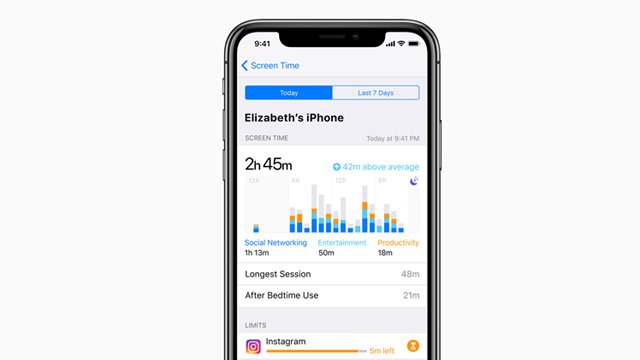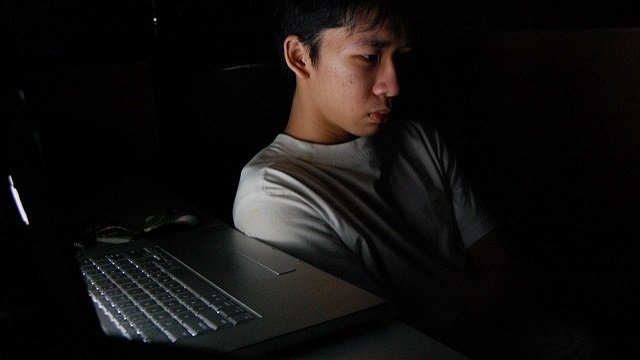Apple as a company prides itself on meeting the latest demands of the consumer and smartphone user, and the latest anxiety buzzing around the wider world of technology is how much we use it. The iOS 12 Screen Time function promises to assist with the categorization and control of how much time we spend using certain features of our Apple products. Further development has revealed parental controls that allow for full control of when dependents use certain applications and application types, and for how long. Statistics on internet addiction in young people are increasing at rates that are no doubt alarming, but could the new functions of iOS 12 actually be propagating a darker side of tech misuse?
Addiction to the use of the internet has been part of the DSM-5 since 2013 and is becoming a larger part of the conversation surrounding the way we interact with the virtual world. In recent months the hit online shooter Fortnite has been under scrutiny over claims of ‘addiction’ in children by frantic parents, and with its availability having come to iOS there’s no wonder that Apple has jumped to contend with customers’ struggle to keep a balance between the ‘real world’ and online. (Although, as with anything, not all parents are worried — some are even hiring coaches in a confusing new development of competitive gaming.)

As real a problem as internet and technology addiction can be to individuals, The Safety Net Project claims that a staggering ninety-seven percent of survivors of abuse within the focus groups reported that their abusers used technology in their tactics. The capability for one person to entirely monitor and control the use of another’s device seems innocent when looked at purely in the context of parental guidance, even when considered under the arguments made against lazy parenting and allowing technology to raise one’s children instead of taking responsibility for instilling healthy habits.
Within the context of domestic abuse, however, whether between partners or family members, an uncomfortable possibility surfaces. Through Screen Time, a potential victim of abuse may be controlled, monitored and restricted — cut off from support networks and communications that might help to free them from the situation. While questions on the surveillance capabilities of states and governments through the internet continue to mount, are we propagating a future where ‘Big Brother’ could be watching from the very next room?
There isn’t likely to be an answer. Many may find that Screen Time saves their productivity and limits time-wasting. However, the concern that anti-abuse measures may not be able to keep up as opportunities for home surveillance intensify is arguably as valid as that of addictive device use. Those who use the internet regularly can attest that developments in communications technology are being weaponized as well as used innocently. Many of the technological advancements of the past decade have brought sobering outlooks on human nature. Will companies like Apple be forced to evolve technology to help combat yet another human flaw in the near future, one that it may have inadvertently helped to worsen?
(If you or a loved one in the US are experiencing domestic violence, you can find help at www.thehotline.org/help or call 1-800-799-7233)







